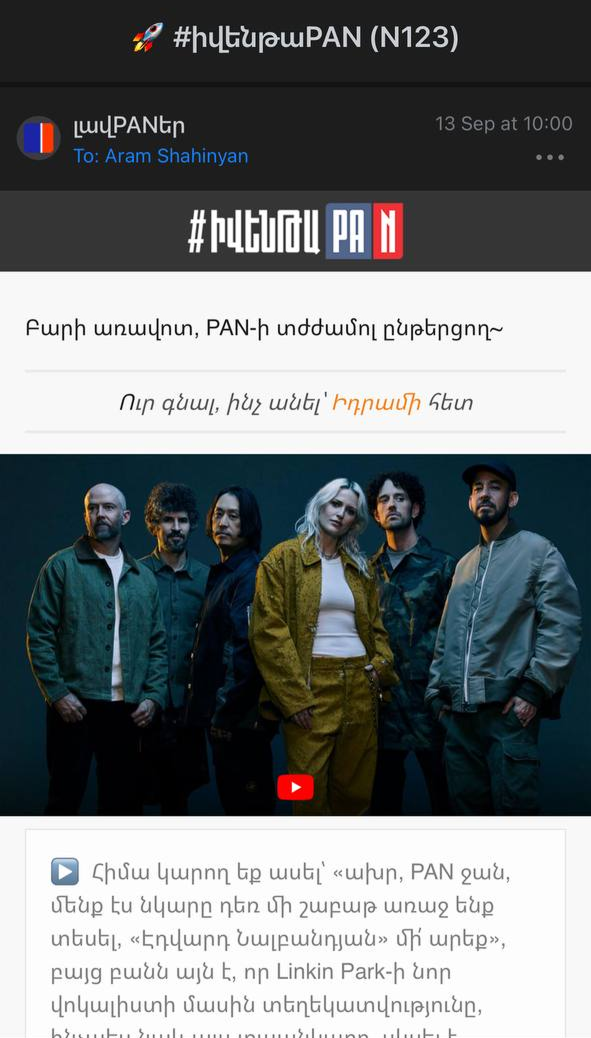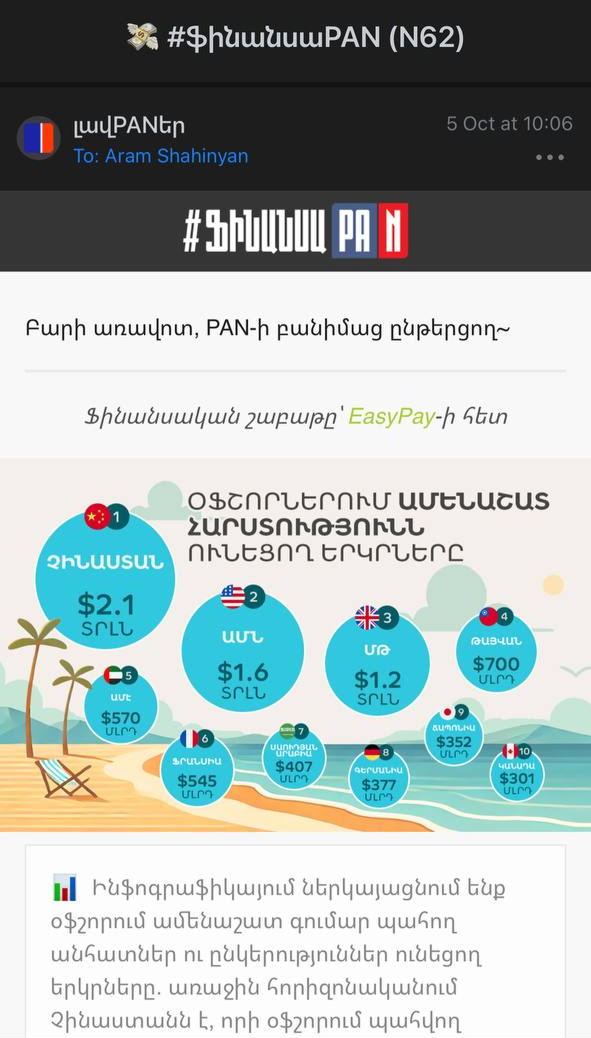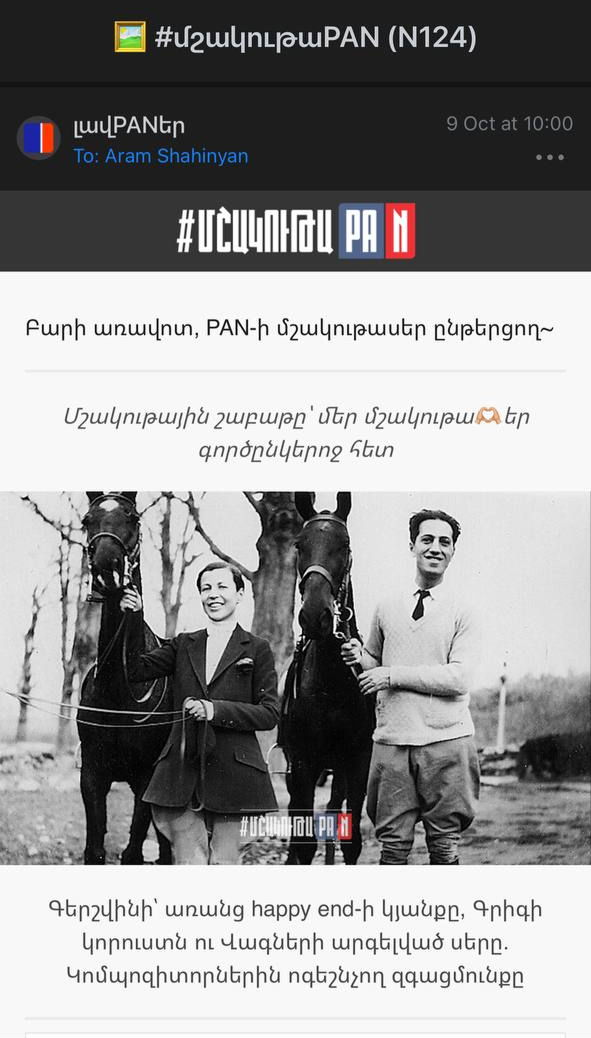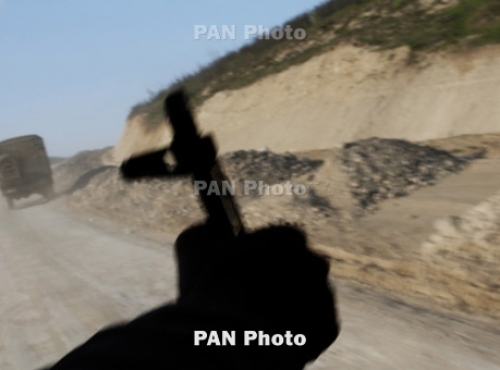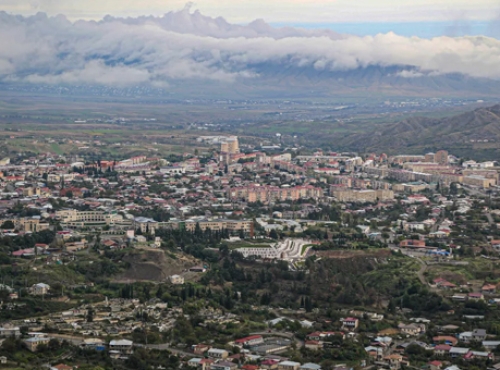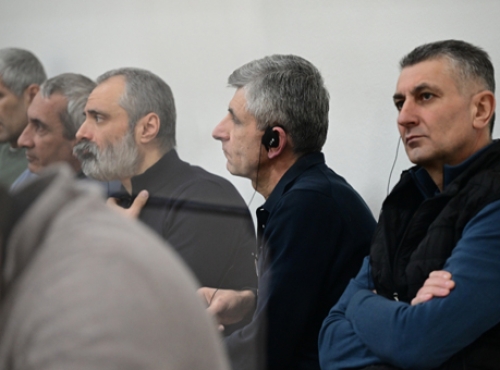Since Russia invaded Ukraine, Azerbaijan has increasingly tested the will and capacity of the Russian peacekeeping mission deployed to the residual territory remaining under Armenian control at the end of the 2020 Karabakh war, Laurence Broers says in a fresh article published by Chatham House.
In early March, Azerbaijani forces were observed circling close to Armenian villages with loudspeakers urging the inhabitants to evacuate, and reports of increased ceasefire violations soon followed. On 8 March, a crucial pipeline supplying gas to the Karabakh Armenian population was cut off on Azerbaijani-held territory, leaving residents without heat for two weeks. Although the pipeline was repaired, it was reportedly cut off again, then restored.
Azerbaijani forces then advanced into the area which is ostensibly under Russian peacekeeper control, forcing the evacuation of one Armenian village, taking strategic heights overseeing others, and reportedly using drone strikes to kill three local Armenian servicemen and wound a further 15.
Although the Russian Ministry of Defence stated Azerbaijani forces later withdrew, both Azerbaijani and Armenian sources denied this. France, Russia, and the US – the co-chairs of the OSCE’s Minsk Group mandated to mediate the Armenian-Azerbaijani conflict – all took the rare step of calling out Azerbaijan as the violator of the ceasefire regime.
"If the post-2020 security infrastructure in Karabakh is precarious, the sources of these new tensions also relate to Russia’s invasion of Ukraine which created a window of opportunity for Azerbaijan in two critical ways," Broers says.
"First, Russian distraction exposes the weaknesses of the peacekeeping mission in Karabakh, comprising 1,960 servicemen and approximately 2,000 civilian support staff but still lacking a defined mandate or rules of engagement.
"This has suited Baku, which is keen to emphasise the temporary nature of Russia’s presence – its relationship with the mission has been fraught, with a rapid turnover of mission heads whose approach to peacekeeping has incurred Baku’s disapproval.
"Second, the international reaction to Russia’s invasion offers a golden opportunity to rhetorically homogenize the various post-Soviet conflicts and the legitimacy of their various actors’ claims. With Europe and the US mobilized as never before around Ukraine’s territorial integrity and the illegitimacy of occupation, arguments over the nuances and variable pathways of Eurasia’s conflicts are easily swept aside.
"Recent developments also underline the extent to which security in Nagorny Karabakh has become a negotiation between Russia and Azerbaijan – leaving Armenia, constrained by dependency on Russia and a possible normalization of relations with Azerbaijan’s principal ally Turkey, all but powerless.
"The more stretched Russia becomes in Ukraine – and in the world – the more likely Azerbaijani operations in Nagorny Karabakh will intensify, framed as ‘mopping up’ Armenian militants in a narrative of counter-insurgency. This escalates the pressure on Karabakh Armenian civilians to leave, edging towards a final ‘resolution’ through gradual ethnic cleansing.
"And the more intensively this process unfolds, the more likely it is that widely promoted notions of regional connectivity – hailed by many regional and international observers alike as a new panacea for peacebuilding in the South Caucasus – will become little more than collateral damage."










